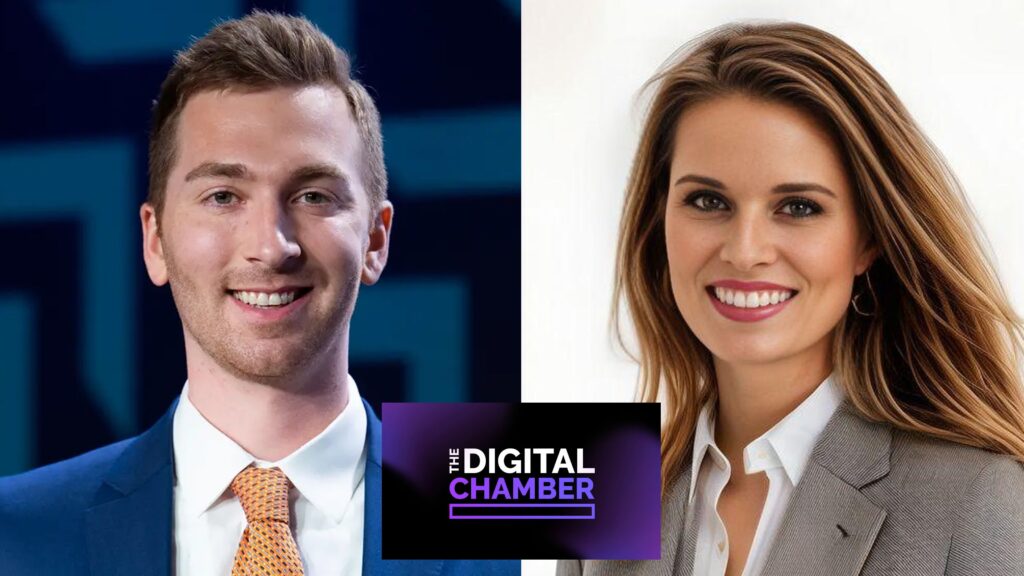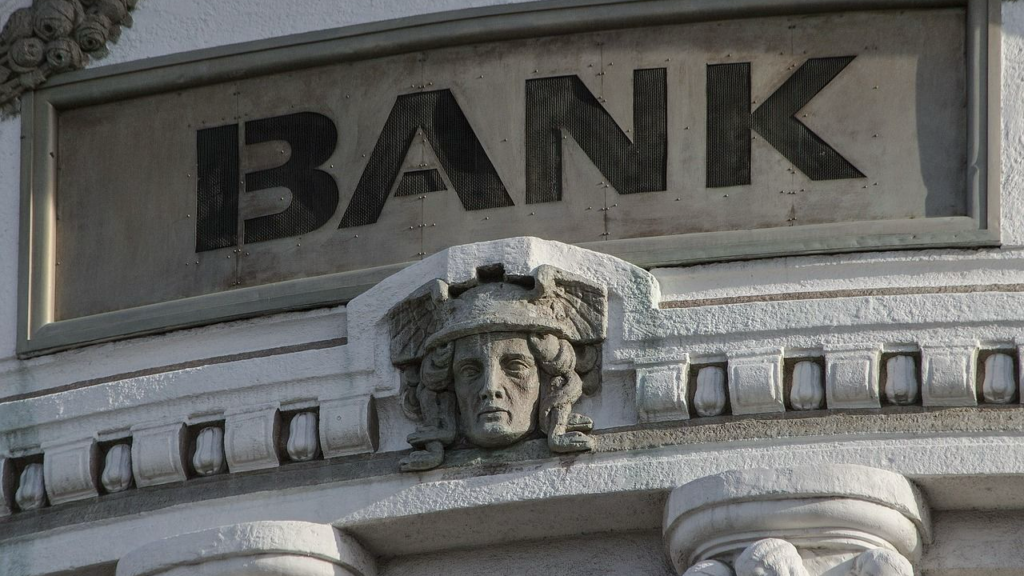The Digital Chamber, the premier U.S. advocacy group for cryptocurrency, is set to announce Cody Carbone as its new chief executive officer, succeeding founder Perianne Boring, who has decided to step down after a decade of leadership. This transition coincides with a significant shift in the U.S. government’s stance on digital assets, moving from skepticism to a more welcoming attitude under the current administration.
Leadership Transition at the Digital Chamber
Beginning next month, Cody Carbone will take the reins as CEO of the Digital Chamber, while Perianne Boring will transition to chair the board of the organization. Known for its pivotal role in blockchain advocacy, the Digital Chamber is gearing up for its upcoming blockchain summit in Washington, D.C. This change in leadership comes at a time when the crypto industry is experiencing newfound support from the government, following a series of encouraging developments in Congress and the White House.
A New Era for Crypto Advocacy
In a recent interview, Boring expressed optimism about the evolving landscape for digital assets, stating, “We’re no longer in a defensive stance, where we have a government that’s essentially trying to shut down the industry.” The U.S. government is showing increasing support for digital currencies, highlighted by a recent presidential summit and positive signals from both the Senate and House of Representatives, where crucial crypto-related legislation is currently making headway.
Key Legislative Goals
As the new CEO, Carbone will focus on advancing pivotal legislation, particularly concerning stablecoins and overall regulatory frameworks for the crypto market. He emphasized the necessity of addressing misconceptions about the industry, noting that while there have been political successes, the organization must prioritize delivering on the high expectations of crypto advocates.
Upcoming Challenges and Opportunities
One of Carbone’s immediate challenges will be to work on reversing a controversial IRS rule that classified decentralized financial (DeFi) projects as brokerages, imposing onerous tax requirements. Lawmakers are utilizing the Congressional Review Act to address this issue, with significant bipartisan support facilitating the resolution’s progress through Congress. If successful, this would mark a significant victory for the crypto sector, paving the way for further legislative achievements.
Strategic Execution for the Future
Boring praised Carbone’s capabilities, stating, “Cody really shines on that execution.” The immediate priority for the Digital Chamber will be to implement the strategies developed over the past decade, working diligently to achieve favorable policies for the industry within the current political climate.
Navigating a Competitive Landscape
The Digital Chamber is one of many advocacy groups vying for influence in Washington. Although it has a robust membership base, its budget has been eclipsed by that of the Blockchain Association. Other notable organizations in the crypto advocacy space include the Crypto Council for Innovation, Coin Center, and the newly formed National Cryptocurrency Association, backed by a substantial $50 million grant from Ripple Labs.
Looking Ahead
Boring has not disclosed her immediate plans following her departure from the CEO role but expressed her intention to explore new opportunities within the crypto space. “My next step is really kind of exploring additional passions that I have in the crypto space,” she shared, signaling her ongoing commitment to the industry even as she steps back from leadership.
As the Digital Chamber embarks on this new chapter, all eyes will be on Carbone to see how he navigates the evolving regulatory landscape and drives the organization toward achieving its ambitious goals for the cryptocurrency sector.



